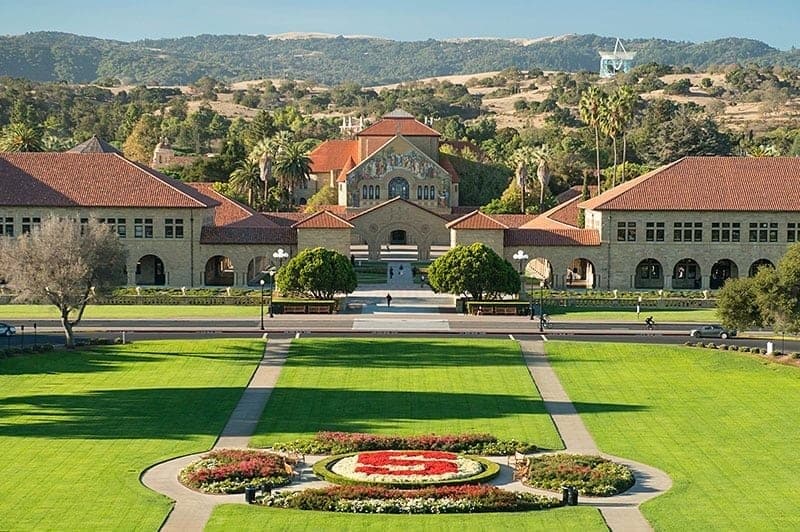What is Information Science?
We explore the definition and the vast expanse of the academic field of Information Science and how it composes the infrastructure of our data-infused lives today.
Video Transcript:
A lot of things are taking place in order for you to be hearing my ukulele. I've recorded my playing and stored it onto my computer, transmitted and uploaded it to some internet server using my Wifi, and you've retrieved it from there using your device through Wifi or cellular data.
The science behind how this works is a field called Information Science.
It's essentially anything that has to do with the storage, communication, retrieval, and processing of information.
The people who study it observe how people and organizations use knowledge and information systems to create, replace, improve, and understand these systems.
The field has such a broad definition that it can be associated with many other fields, such as computer science, data science, psychology, technology, and many more.
Some areas that Information Science investigates and Develops include:
- Information Access
- Architecture
- Management
- Retrieval
- Seeking
- Society
- Knowledge Representation
The topics that we'll be particularly interested in moving forward are **Information Theory** and **Information Society**.
Information Theory serves as the foundation of the field, dissecting the very definition of what exactly *is* information, and expanding upon it in a mathematical sense. We'll learn how something basic as binary compression evolves into the foundation of how 5G cellular networking works today.
Information Society essentially involves the impact of information on how our society works and functions in different ways. This field revolves around social media and data as a cultural, economic, and political phenomenon, including things such as how big data is intertwined with power and politics and how these information networks impact our lives.
Information plays a major part in how we communicate with each other and the ways that everything functions in our lives. The more you know about it, the more you'll be well equipped to make more concientious decisions with how you interact with the information networks present in your life.
